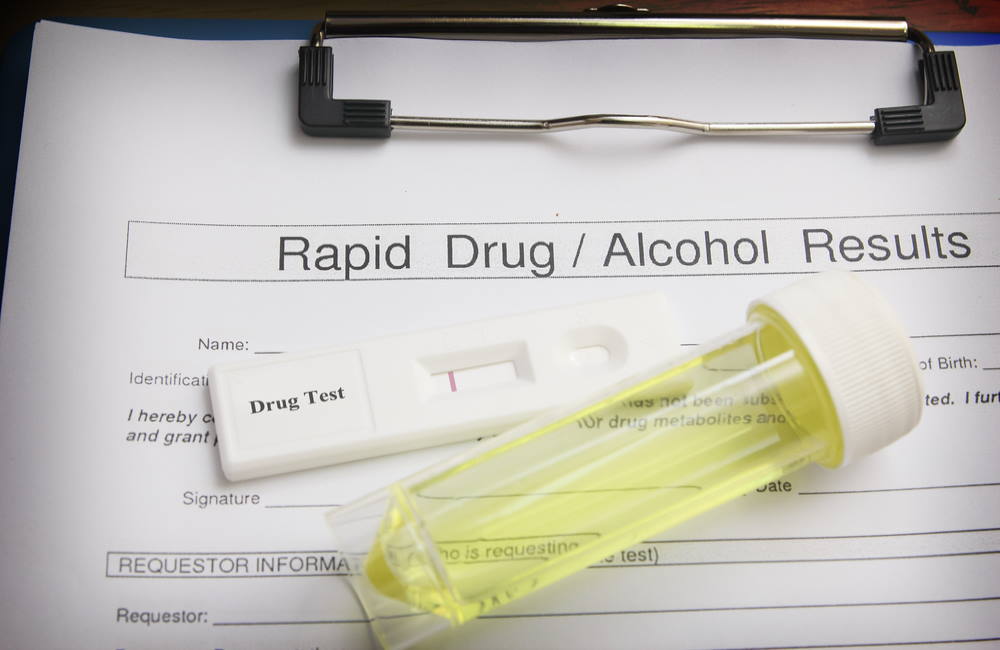New California Law Protects Workers From Losing Job For Marijuana Use
A new state law in California bans employers from making decisions on whether to hire or fire an employee based on drug testing for marijuana use, as long as it takes place off-site and outside of working hours.
Gov. Gavin Newsom signed a new law that makes it illegal for employers to discriminate against employees for marijuana use when they’re not working. The law will go into effect Jan. 1, 2024. The new law follows similar laws in New York and Philadelphia.
“Urine tests are a highly offensive invasion of workers’ personal bodily privacy,” Dale Gieringer, director of California’s NORML chapter, told the Los Angeles Times. “Workers should have the same right to use cannabis as to use other legal substances off the job.”
Exemptions to the Law
There are exemptions to the new California law on drug testing for marijuana use in certain circumstances. If someone works in construction or any role that requires a federal background investigation or clearance, employers can still test those individuals for marijuana use. Marijuana remains illegal at the federal level.
Employees also are still not allowed to bring marijuana to work, use it at work or go to work while under the influence of marijuana.
Employers will still have the ability to include a drug screening requirement when hiring new employees, but the test cannot screen for “nonpsychoactive cannabis metabolites,” which is what THC turns into after marijuana use. The metabolite can remain in a person’s system for weeks, which is why the new law prohibits testing for it.
Striving to Create an Equitable, Safe and Sustainable Industry
Stopping employment discrimination based on drug testing for marijuana use isn’t the only marijuana-related policy change that California has enacted. Newsom also signed nine additional policy changes. They include provisions that make it easier to handle interstate business transactions related to cannabis and seal old criminal convictions related to marijuana charges.
“For too many Californians, the promise of cannabis legalization remains out of reach,” Newsom said in a press release about the bill. “These measures build on the important strides our state has made toward this goal, but much work remains to build an equitable, safe and sustainable legal cannabis industry.”
Though marijuana is still illegal at a federal level, many states have passed marijuana legislation in recent years to either decriminalize or legalize cannabis products. However, many workplaces have not followed suit. For legal marijuana users, it can be a conundrum when cannabis is legally accepted, but not allowed by employers who do drug screening.
“As more and more states legalize recreational cannabis use, employers should make some decisions about whether and to what extent they will be guided by federal law, which still classifies cannabis as a Schedule I drug like heroin and cocaine,” Catharine Morisset, a Seattle attorney, told the Society for Human Resource Management.
Only three states in the U.S. – Idaho, Kansas and Nebraska – still prohibit marijuana in any form. Every other American state has legalized marijuana for recreational use, medical use or allows for low THC products like CBD. Almost all Americans, 91 percent, feel that marijuana should be legalized in some capacity, according to a 2021 study by Pew Research.




